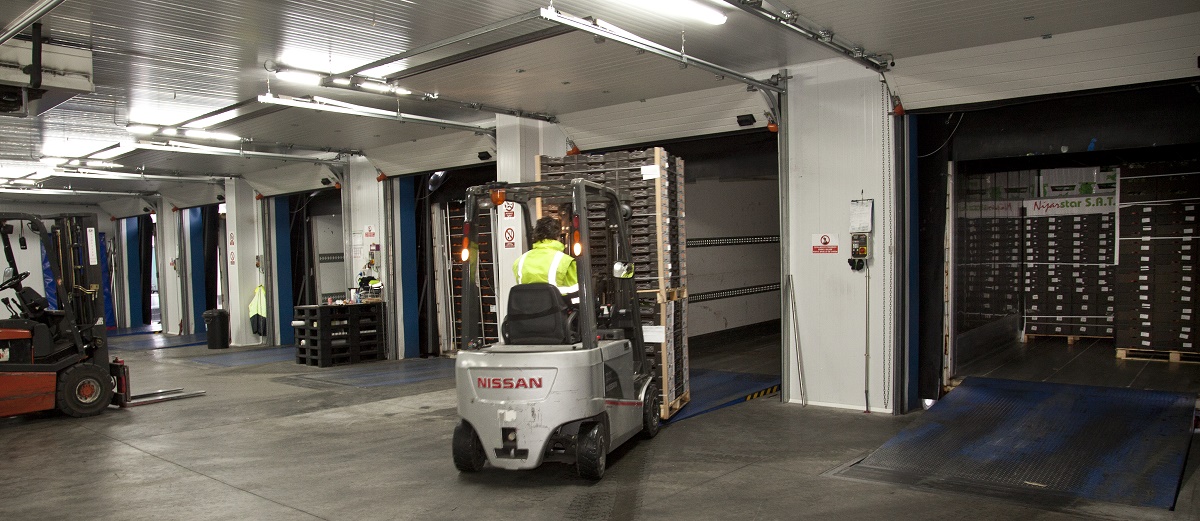From 8 to 10 October, the Port of Bilbao will be taking part in Fruit Attraction, the leading event for the fruit and vegetable sector worldwide, to present to professionals from across the entire value chain of the sector the advantages it has to offer as a partner in the internationalisation of any type of fruit and vegetable product.
From its stand (4B01) at Fruit Attraction, the delegation of the Port Authority of Bilbao will show shippers and logistics operators how Bilbao is strategically positioned to access not only the Atlantic seaboards of Central America, South America and Africa, but also the markets of Northern Europe. Its multimodal offer, combining connectivity and a wide range and frequency of maritime services for both container and ro-ro traffic, as well as intermodal rail services with all major destinations in Spain, ensures fast, safe and traceable logistics.
The Port of Bilbao is expecting to see growth in fruit and vegetable traffic, given the 4.5% recovery in this trade at international level in the first half of the year. According to Datacomex, the main destination for this type of traffic is the European market, especially Germany, France, the United Kingdom, Ireland, Benelux and the Scandinavian countries, which is why Bilbao’s excellent rail-port connections represent a competitive and more sustainable transport alternative for fruit and vegetable traffic than road haulage.
The people at the Port of Bilbao are fully trained in providing advice on the organisation, coordination and administrative procedures for foreign trade, whilst the port services and infrastructures are customised to the specific needs of the fruit and vegetable logistics chain. The Border Control Post, operating 24/7, is equipped with 16 loading/unloading bays, is highly automated and works in coordination with the e-puertobilbao platform to ensure the highest possible degree of responsiveness, to streamline operations and to reinforce traceability and security.
The companies of the port community provide services for the storage, maintenance and repair of refrigerated containers all year round, thereby avoiding delays and breakages in the cold chain. The container terminal is equipped with 540 plug sockets for reefer containers, whilst the port also features ro-ro and multi-purpose terminals and warehouses for perishable goods.
The cold terminal, Frioport, extends over 4,800 m², with two -25º C freezer units totalling 16,300 m³ and three cold storage rooms with a total capacity of 7,500 m³, whilst Progeco, for its part, has two facilities for the storage and transfer of goods, with a total of 6,000 m² of positive cold storage.
As part of its commitment to multimodal and sustainable transport, the Port of Bilbao is currently working on a number of important projects. One such project is the BilbOPS initiative for onshore power supply to vessels when berthed, thus avoiding greenhouse gas emissions and reducing vibration and noise levels. With a total planned investment of 78 million euros, this project has received a grant of 14.2 million euros from the European Commission through the CEF Transport 2021-2027 funding instrument, and is expected to come into operation in 2026. The first phase, focusing on the A-5 Dock of the central breakwater, was awarded in December 2023 for 4.7 million euros, and is co-funded by a grant of 4.3 million euros through the Recovery and Resilience Facility.
One of the strategic partners of the Port of Bilbao is Mercabilbao, the largest distribution centre for perishable foodstuffs in the north of Spain and the south of France. Together, the two organisations form the largest food hub in the north of Spain.

 Port access
Port access